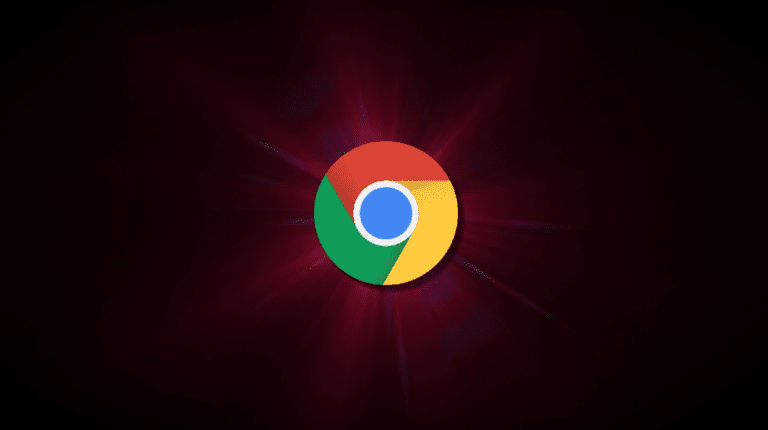Google has silently released a test version of Chrome with native Windows on ARM support. With that, the platform finally plays nice with the world’s most widely used browser.
Although Windows on ARM has been around for over a decade, the platform has been an underachiever for quite some time. In October 2023, there was an important sign of life: the Arm Advisory Service should assist developers in optimizing their applications for ARM going forward.
Anyone running Edge and Chrome on an ARM-based Windows device will have noticed a difference. The natively supported Edge, also based on Chromium, runs a lot smoother than Chrome. In fact, the latter runs in an emulation layer, making far from optimal use of the hardware. That’s about to change. X user Pedro Justo discovered that a native version of Chrome on ARM64 architecture is now a reality, albeit in a Canary (read: preview) variant. Note that this version may be unstable and is updated on a nightly basis.
The AI PC is on its way
For the moment, this show of official support is obviously set to improve the user experience on ARM-based Surface devices. However, it cannot be seen separately from the broader developments surrounding these Windows laptops and tablets. From now on, the Surface Pro and Surface Laptop are geared to be “AI PCs,” including extensive ARM support.
Recently, Google introduced several experimental AI features. They are already in version M121, so not hidden in a Canary build like the ARM version currently. These include easily reordering tabs, generating AI themes and providing an initial outline for text. Those are light AI workloads for now, but for the most efficient computation, an NPU can best perform those tasks. It seems that Google wants to be able to directly address that hardware support found in, say, the Snapdragon X Elite for Windows laptops.
The standard
Regardless of it’s reasoning, Google is late to the party. Not only has Edge been natively supported for a long time, Firefox has also offered a Windows ARM version for quite some time. Still, Chrome is by far the most widely used browser, owning nearly two-thirds of the global market. For that reason, the move to official support is one less obstacle for many PC users.
